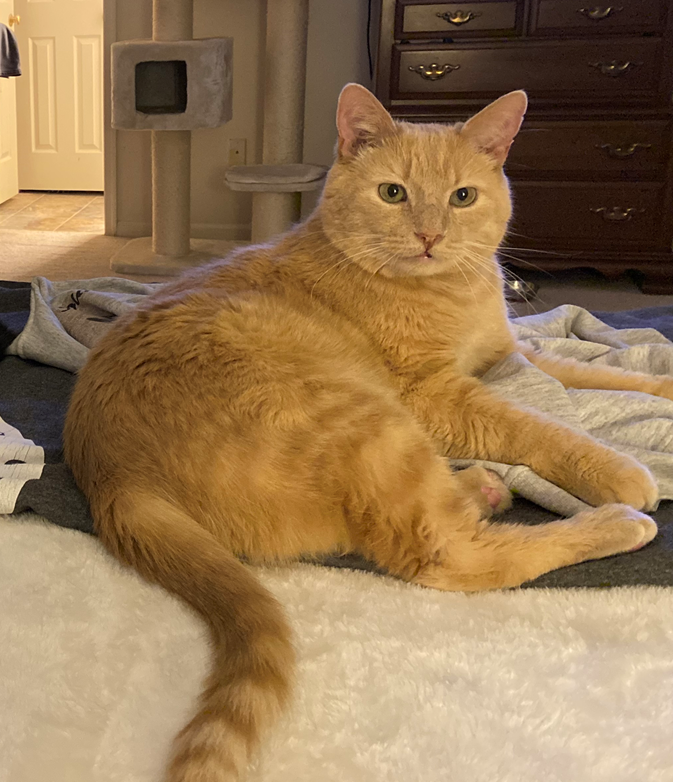A Look at the Newly Enacted Uniform Partition of Heirs Property Act (“UPHPA”)
Property being transferred from one generation to another by intestate succession is considered “heirs’ property.” According to Virginia law, when someone who owns real property dies without an estate plan, i.e., intestate, their heirs-at-law inherit ownership interests in the real property. If two or more heirs are entitled to receive an interest in the real property, the heirs will own the property as tenants in common.
Owning property as tenants in common is one of the most common ways that property is held. However, it is also one of the least stable forms of common ownership of real property as any of the owners can initiate a partition suit or sale of their interest. This often results in the forced sale of these properties and, ultimately, the loss of generational wealth which unfortunately disproportionately affects disadvantaged populations. For example, the rate of intestacy among African Americans is more than double the rate of intestacy among white Americans and only about twenty percent of African Americans have wills. Heir property therefore continues to be the leading cause of involuntary land loss among African Americans.
This prompted the American Bar Association’s Real Property Section and Trust & Estates Law Section to advocate for the passage of the Uniform Partition of Heirs Property Act (“UPHPA”). The UPHPA requires certain safety measures designed to protect heirs, including the following:
- A requirement for an independent appraisal of the property;
- The right to first refusal to purchase the share of the petitioner;
- In-kind division, if it can be done equitably;
- Factors to consider including sentimental attachment and ancestral value;
- Listing for sale at appraised value before an auction.
The UPHPA was first introduced by the Uniform Laws Commission in 2010 and is designed to remedy the problems those who own family real property face in keeping their property and their wealth within the family. The Act specifically targeted a few key elements of partition suits that have been historically unfavorable to heirs’ property. Virginia recently adopted provisions of the UPHPA for all partition actions filed after July 1, 2020.
Traditionally, courts have favored partition by sale over partition in kind, as many have developed and applied an economic test. A sale of real property will be ordered if this test shows that the hypothetical fair market value of the entire property is more than the aggregated fair market value of the sub-parcels that would result from a physical division of the property. This approach, however, overlooks the emotional and ancestral ties to the land.
Prior to the implementation of the UPHPA, partition sales often resulted in an involuntary loss of property rights and a loss of wealth proceeds from the sale of the property. The UPHPA has addressed a need for notice to all parties, the proper procedure for determination of value, suggests allowing co-tenants to buy out the rights of those filing for partition by sale, suggests partition alternatives, and lists elements that must be considered by the courts when making a final decision.
ASK TEDDY

Hook Law Center: Hi, Teddy! Are there health benefits to living with cats?
Teddy: Yes, there are! People who share their homes with cats have been scientifically proven to have lower levels of anxiety than those that live without cats. Several studies have shown that people living with cats report that they feel happier, more confident, less nervous, and have better sleep. People with cats also tend to report fewer negative emotions and less loneliness. But cats are not only good for your psychological health, it has also been proven that they are good for people’s physical health as well. Just the presence of cats has been proven to slow the heart rate and lower blood pressure. Several studies have even found that people with cats were less likely to suffer from heart disease and heart attacks. The vibration of their purrs can even help heal muscle and bone!

Rachel H. Snead
757-399-7506 | 252-722-2890
rsnead@hooklaw.net
Rachel Snead joined Hook Law in 2019. Her practice is focused primarily in estate planning, estate and trust administration, guardianship and conservatorships, dispute resolution, and fiduciary litigation. She enjoys the diversity of work that elder law provides and the challenges presented by litigation, just as much as she enjoys helping people create their unique estate plans and navigate the complex administration of estates and trusts.
In 2022, she attended the prestigious National Trial Advocacy College at the University of Virginia School of Law, where she received intensive hands-on advocacy training. Rachel has taught multiple continuing legal education courses, including “Getting Started in Elder Law,” “Virginia Probate from Start to Finish,” and “Guardianships and Assisted Decision-Making in Virginia.” She has facilitated sessions for VAELA, including “Medicaid & SSI When a Client Owns a Business.” She has also been published on various platforms, including T & E Magazine, WealthManagement.com, and Age in Action, a quarterly newsletter published by the Virginia Center on Aging and the Virginia Department for Aging and Rehabilitative Services.
Rachel lives in Chesapeake, Virginia, where her compassion for others extends beyond her legal work to her love for animals. When she’s not advocating for her clients, she fosters kittens through local rescue organizations. Rachel also enjoys reading, cross-stitching, and spending quality time with her niece and nephew.
Practice Areas
- Estate Planning
- Estate & Trust Administration
- Guardianships & Conservatorships
- Litigation & Dispute Resolution
